Dear Friends in Christ,
In my recent letter to you on Respect Life Sunday, I shared with you my hope that we will seek with greater resolve to build a culture of “love, justice and universal peace.” Surely, to live a life and to have the internal disposition of love, justice and peace is part of the recipe for cultivating a culture of life. Respect for life at all its stages does not exist in isolation within the Church’s teaching and practice. It’s at the heart of all we do. Hence, as we approach World Mission Sunday – a day on which we pledge to pray and support the universal mission of the Church to care for and bring the promise of the Gospel to the poor – we do so also in the hope of building a culture of love, justice and universal peace.
Once again, our Holy Father, Pope Francis, has taken the lead on seeking such models of life in his most recent encyclical, Fratelli Tutti. There, Pope Francis enjoins the Church to heed the example of Saint Francis of Assisi who “sowed seeds of peace and walked alongside the poor, the abandoned, the infirm and the outcast, the least of his brothers and sisters.” Notice the carefully chosen words “walked alongside.” Pope Francis, from the earliest days of his pontificate, has challenged us all to accompany one another in the ways of faith and daily life, and especially to walk together with our brothers and sisters who are most in need, to encounter them with love, with mercy, with the eyes of Christ.
Sad to say, we have had an unwelcome and unexpected force accompanying us, walking alongside us these past months. The upheaval we have experienced in terms of our physical, emotional and spiritual health due to the COVID-19 pandemic has been and will continue to be for some time a force of disruption and potential disunity. It has forced us to become more isolated from one another because of the necessary distance we must maintain to stay safe. However, once we are free to move about more freely and without the crippling fear of illness, we pray that our isolation may not then result in, what Pope Francis terms an “every man for himself” mentality.
If the mission month of October and our annual celebration of World Mission Sunday reminds us of anything, it is that we are not alone, and that “no one lives for oneself” (Romans 14:7). For now, solidarity and prayer for one another is the key that unlocks our isolation. We may not be able to be physically present to one another, but we can be present to one another in prayer and in sacrifice. To embrace the missionary spirit that is unique to our Church is to accept joyfully the reality that we are not just loosely connected as Christians; we are not merely fellow congregants in our places of worship. We are His. And because He calls us His own, we are so deeply connected; we are one. In the words of Saint Paul, “so we, though many, are one body in Christ” (Romans 12:5).
The gift of the Christian faith is that, indeed, we are one and that we are deeply connected as daughters and sons of God. That is the mission of the Church, to think “no longer in terms of ‘them’ and ‘those,’ but only ‘us,’” as Pope Francis so beautifully challenges us. Perhaps the current isolation of this pandemic can afford us the opportunity to do just that, to recognize as the saying goes that we are all in this together, not just together during a pandemic, but together in this life to serve God and to serve one another in bringing about love, justice and universal peace. Thank you for your gift of faith and for your commitment to the Church’s mission that we are all one.
Faithfully yours in Christ,
The Most Reverend Joseph C. Bambera, D.D., J.C.L.
Bishop of Scranton

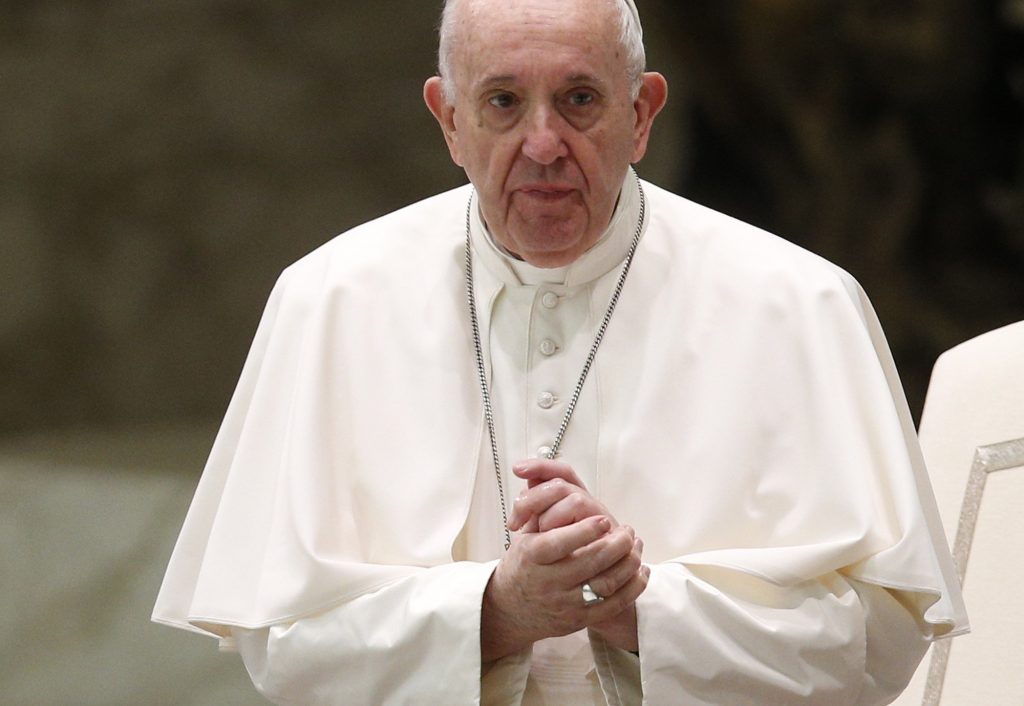
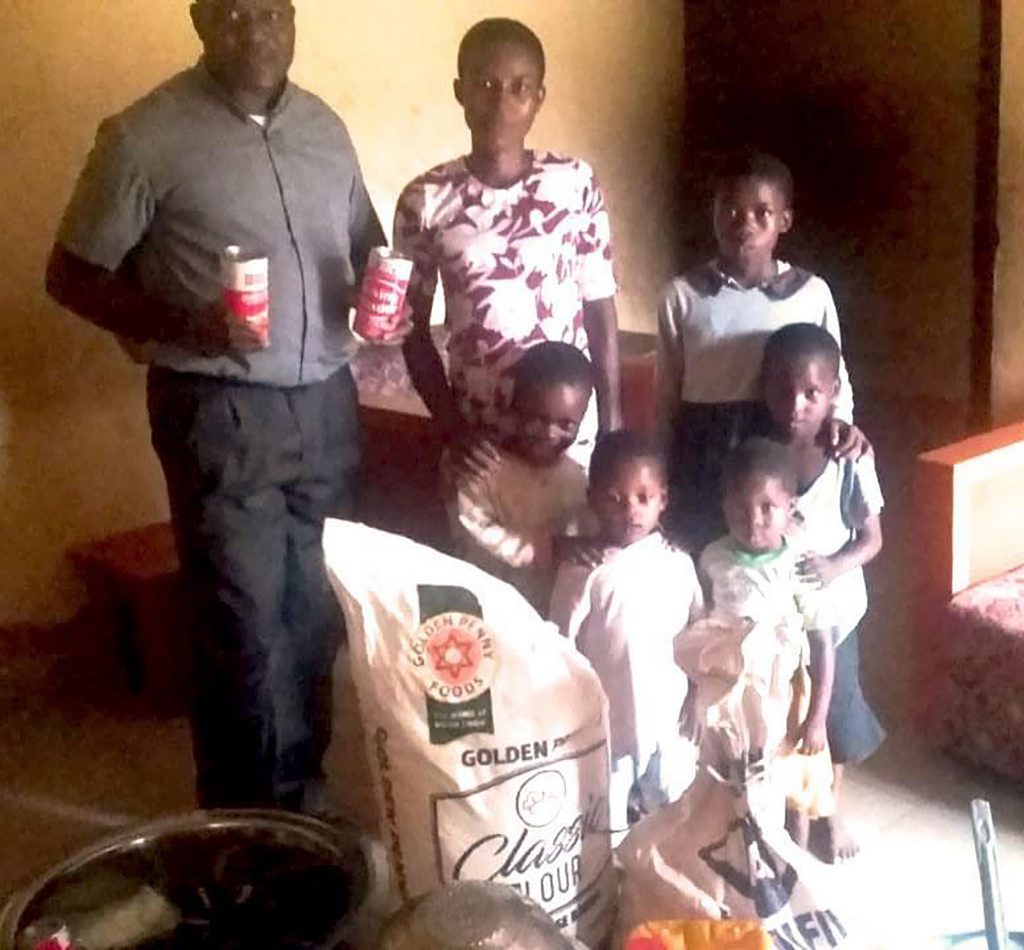
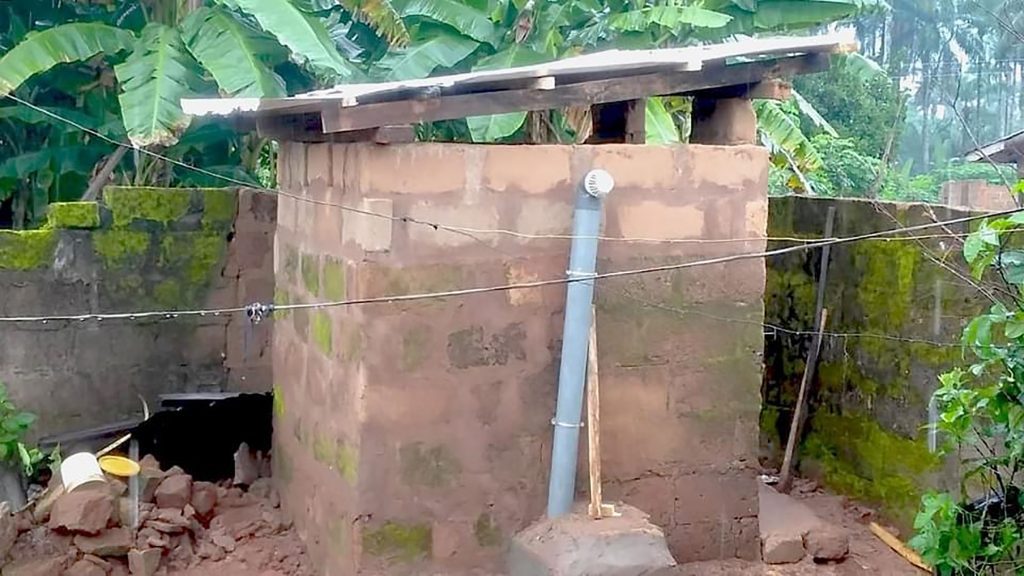
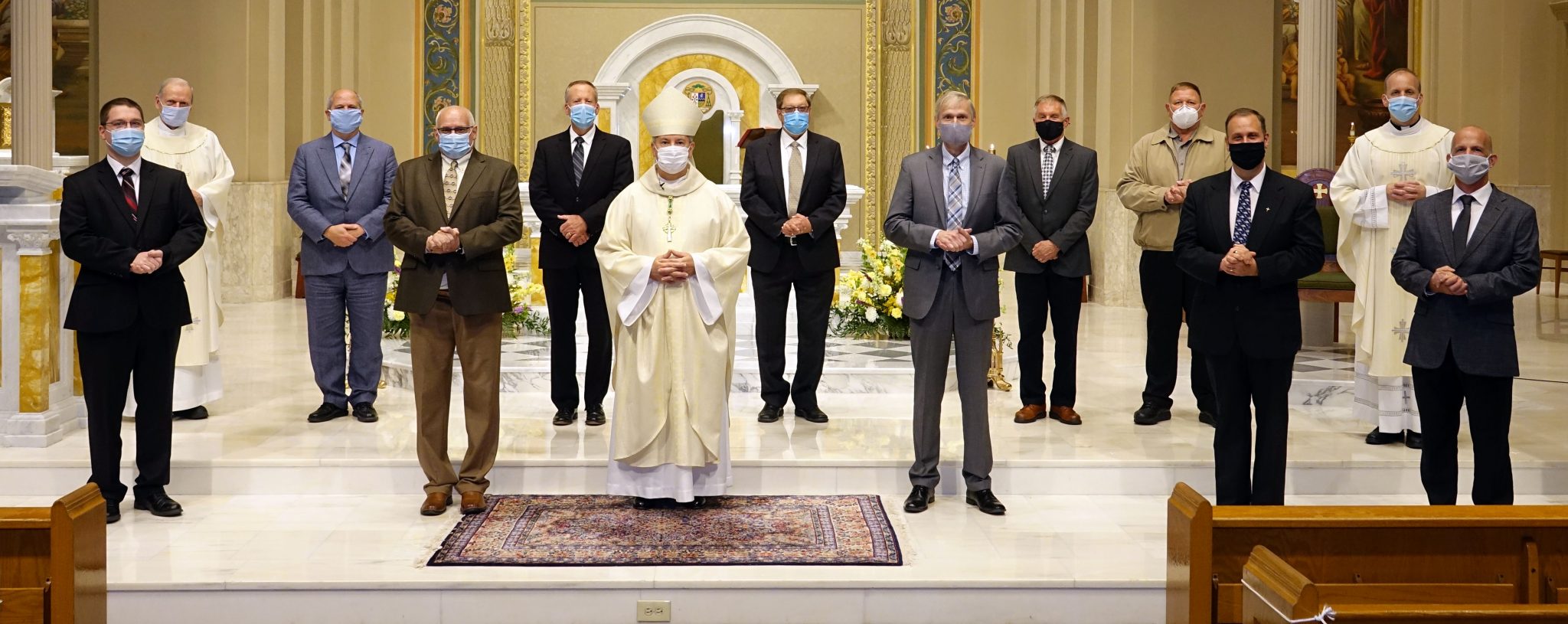
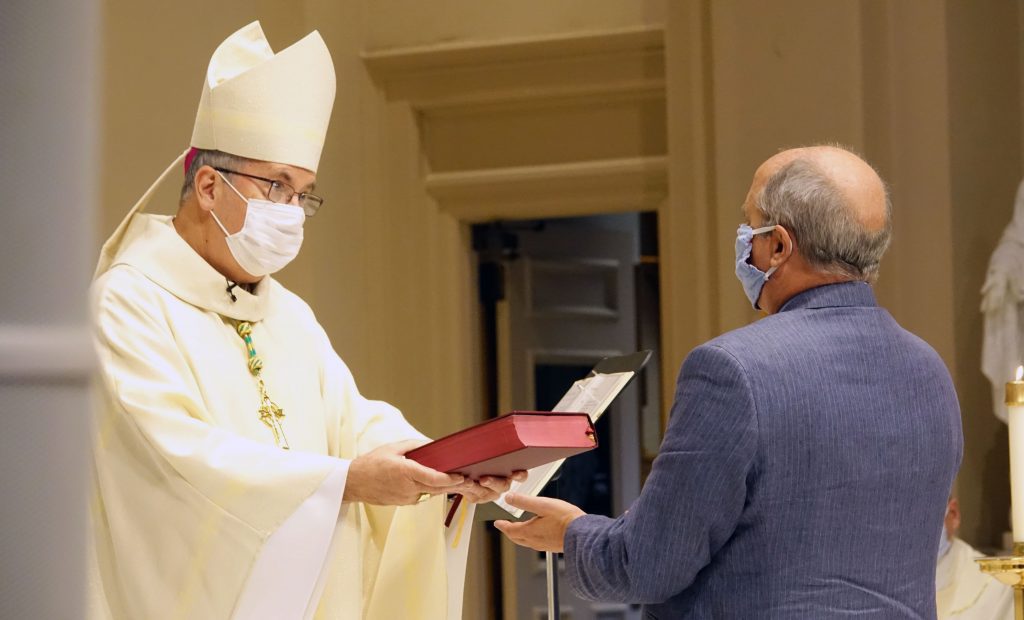 As lectors, the men will proclaim the Word of God in liturgies and will continue their formation toward ordination as permanent deacons.
As lectors, the men will proclaim the Word of God in liturgies and will continue their formation toward ordination as permanent deacons.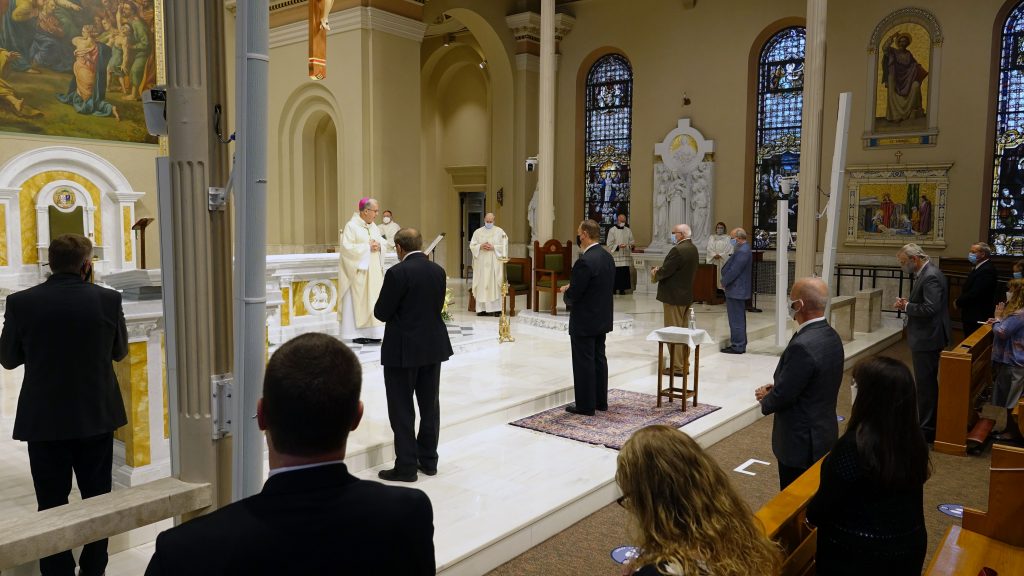 going through this process together, bonding closer and learning from each other as well,” Rocco added.
going through this process together, bonding closer and learning from each other as well,” Rocco added.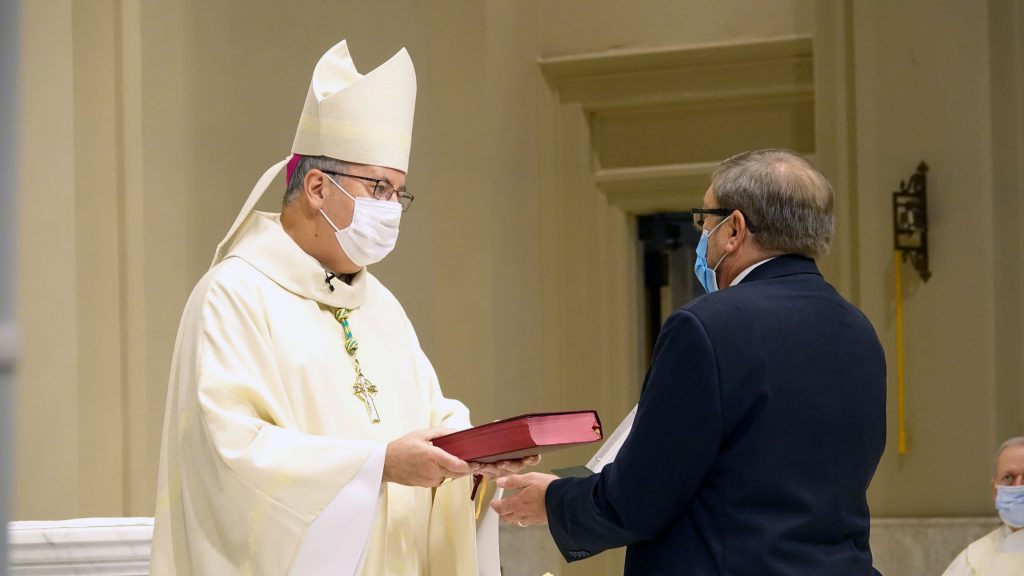 Flowers said he has felt called to the diaconate for quite some time.
Flowers said he has felt called to the diaconate for quite some time.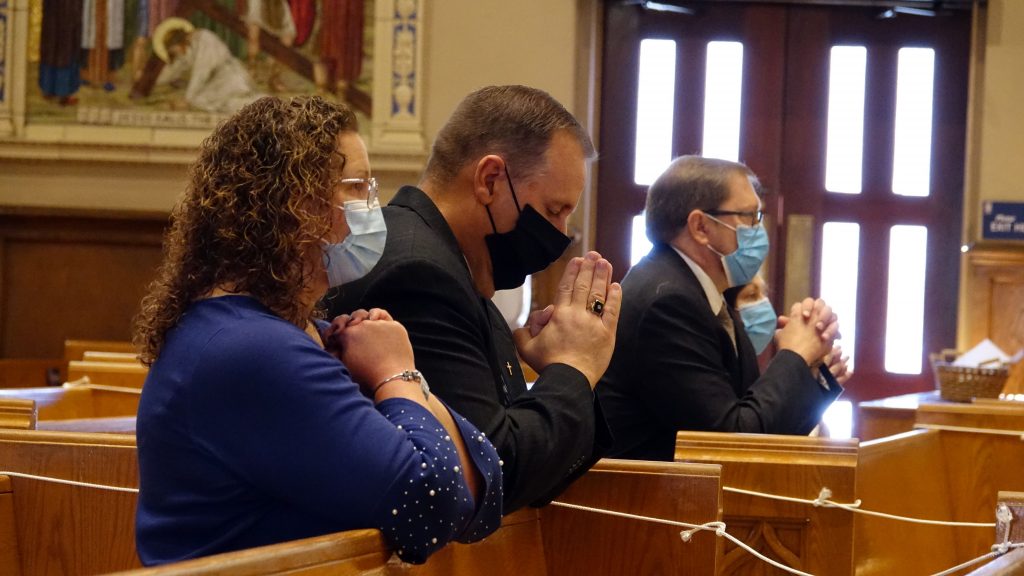 shared on the Diocese of Scranton social media platforms.
shared on the Diocese of Scranton social media platforms.
